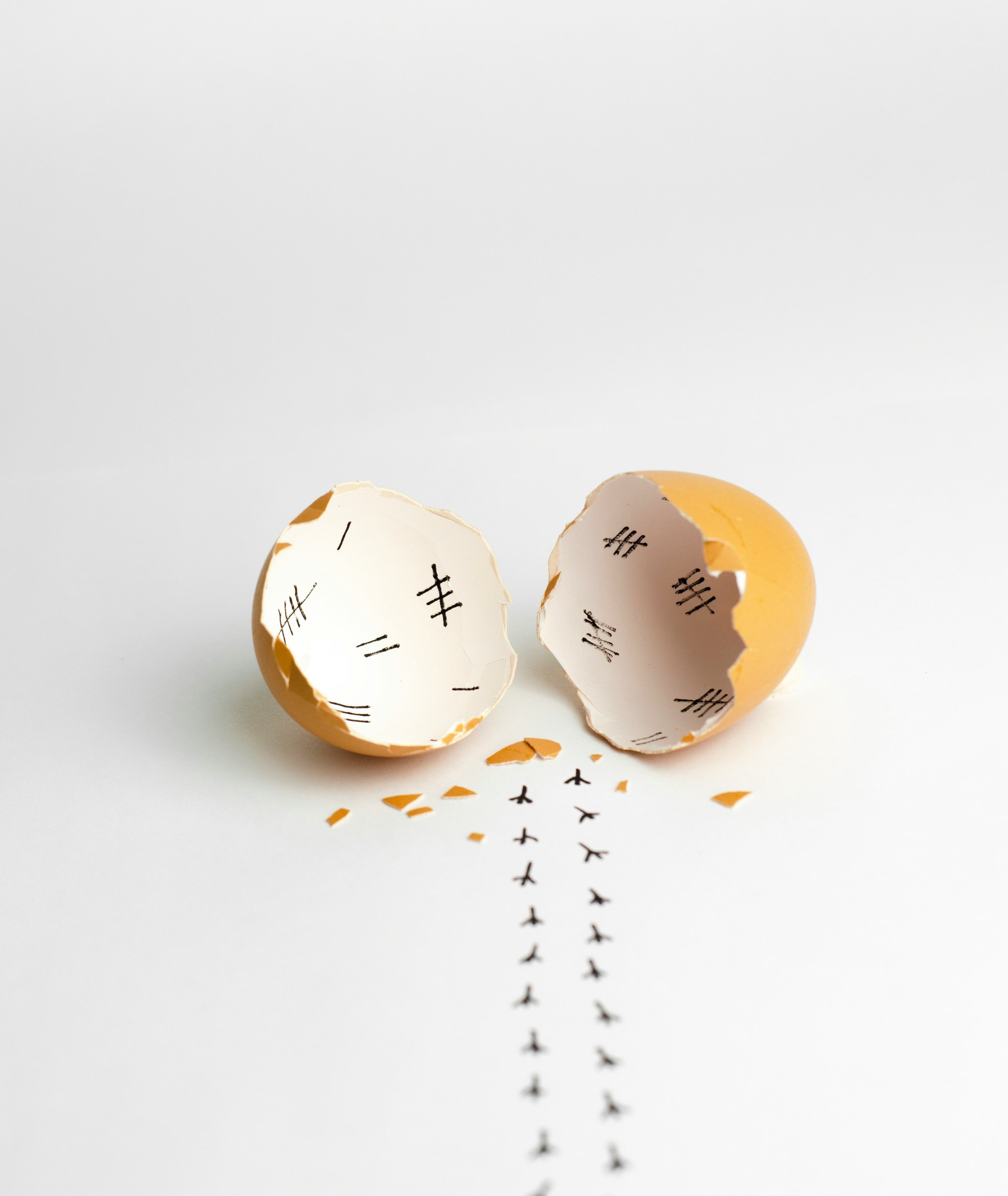5 Reasons Your Libido Vanished & How to Get It Back
Having a healthy libido and enjoying intimacy is an important sign of health as a woman (and man). While it’s common to have decreased desire at certain times of the month, if you’re missing this area of your life, that’s something you and your doctor should take note of.
You’re On The Pill
Considering most women go on the pill to avoid getting pregnant at some point in their lives, it’s pretty ironic that it also kills your sex drive! The pill can cause a host of issues, including affecting mental health, depleting nutrients, disrupting your gut flora, causing weight gain, as well as making sex painful and nearly impossible to enjoy.
How The Pill Disrupts Your Libido
The pill suppresses the brains ability to release certain hormones like follicle-stimulating hormone (FSH) and luteinizing hormone (LH) so you can’t ovulate, but it also inhibits testosterone production, which is needed for a healthy libido. Furthermore, it introduces synthetic estrogens, which not only affect libido, but can lead to other issues like painful, heavy periods, fibroids, PCOS and is associated with increased risk of cancer.
Working with a qualified practitioner to support your hormones naturally while getting off the pill will help make the process much easier.
“I’m Not On The Pill, What’s Wrong With Me?!”
First of all, there’s nothing wrong with you! You’re not broken, or crazy or any other term your mind will try to convince you of. There are simply underlying imbalances and disruptions to your natural hormonal rhythms that need to be discovered and addressed. If you’re not currently on hormonal birth control, but have taken it in the past, it still could be a factor in the hormonal issues you’re experiencing today.
Estrogen Dominance and Low Progesterone
Estrogen and progesterone must live in harmony with one another in order to have a healthy libido. If you struggle with low libido, mood swings, insomnia, fatigue, anxiety or irritability 7-10 days before menstruation, you may have too much estrogen in relation to progesterone. It’s important to properly test your hormones to ensure this is the case though.
Excess Cortisol and Stress
Excess stress has a massive affect on our libido as women. Most women are chronically living in a fight-or-flight, sympathetic state that is squashing their libido. When we’re in a stressed out state, the adrenal glands respond by producing extra cortisol. This affects our libido because our bodies will create cortisol at the expense of testosterone and progesterone, because running away from that (imaginary) tiger is more important for survival in the moment than reproduction. The underlying causes of stress, anxiety, trauma or fear need to be addressed in conjunction with proper diet, supplementation and lifestyle.
Is Your Diet Killing Your Libido?
Your diet plays a big role in your hormonal health and libido. If you’re regularly consuming inflammatory sugars, oils, conventional dairy, processed foods and factory farmed meat and eggs, switching up your diet can make a big difference! Eat foods that are going to nourish you and contain more bioavailable nutrients, and make sure you’re eating enough.
Libido-Loving Foods Include:
Plenty of healthy fats - avocado, almonds, coconut oil
Zinc-rich foods to support healthy testosterone levels - oysters, pumpkin seeds, ginger
Antioxidant-rich foods - dark chocolate (naturally-sweetened), strawberries, garlic, spinach and herbs
Nutrient dense, mineral-rich grass-fed meats and bone broth
Practice Seed Cycling (read about it here!)
Gut Health Matters
Your hormonal balance largely stems from how well your gut and liver are functioning. If you experience sexual difficulties, painful periods, mood swings or irritability, or other PMS symptoms, these are two key areas to address.
What’s Next?
Getting to the root of low libido is possible, and getting a functional hormone panel done is a great place to start while getting your nutrition dialled in!
Asher Kleiber
Sources:





